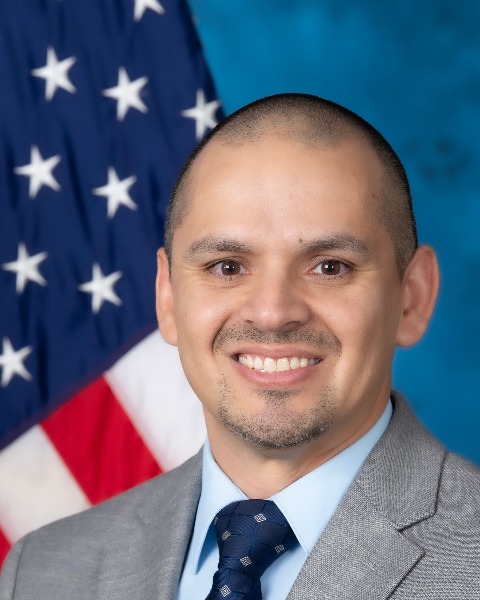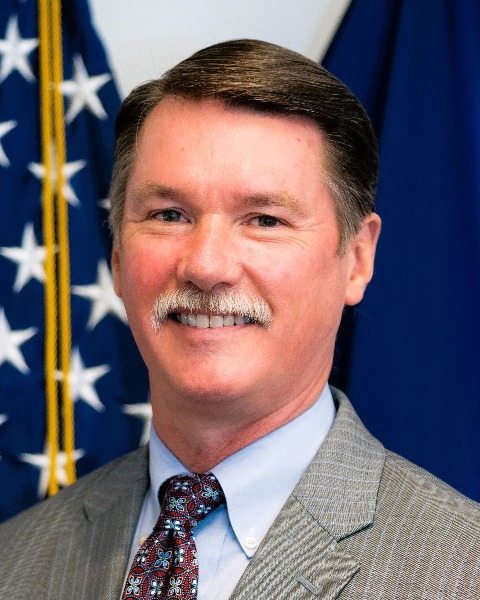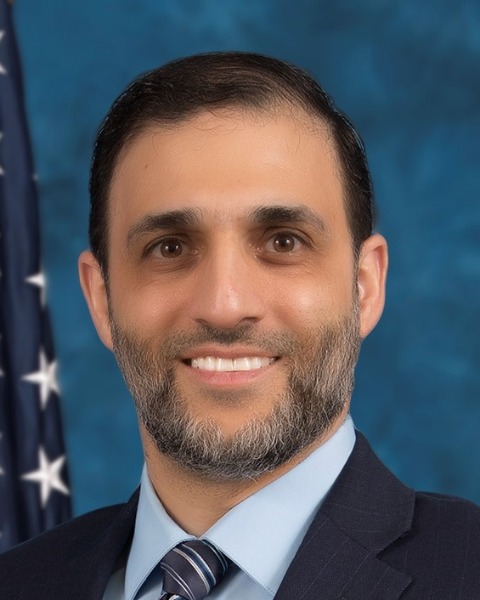Safety & Quality
High Reliability at Headquarters: Cultural Transformation in the Virtual Environment (74H)
When the Veterans Health Administration (VHA) set the high reliability vision to become the Safest Health Care System for All, executive leaders developed a high reliability organization (HRO) strategy to meet the unique needs of an extensive integrated healthcare system. VHA encompasses an array of organizational structures, including VHA Central Office (VHACO) and its aligned organizations, some of which are fully virtual with employees in diverse locations across the system and others either geographically centralized or representing hybrid work environments. High reliability is a cultural transformation that requires employees' full engagement; therefore, VHA established a model that centers around supporting individual organizational structures and needs.
VHA's HRO support model emphasizes the application of tools and practices to facilitate support in a virtual environment, elevating and prioritizing risk in response to rapidly changing circumstances in coordination with a broad network of stakeholders. VHA developed a framework to elicit customer feedback to meet and align efforts across over 100 VHACO-aligned teams charged with supporting field-based networks and facilities. Dedicated high reliability specialists, including VHACO-centered HRO advisor teams, leverage virtual platforms to engage directly with change leaders across organizations with diverse missions and provide targeted support that enables sustained progress toward zero harm. This support includes refining HRO resources and standard work to ensure relevant terminology and meaningful application for customers working routinely in virtual and nonclinical support settings. Stakeholders utilize VHA's robust suite of virtual tools and resources, including HRO training modules, peer-to-peer mentorship programs, communities of practice and a nationally recognized Microsoft SharePoint site, to foster engagement and facilitate behavior change aligned with a just culture. By enhancing transparency and bidirectional communication, VHA is fostering psychological safety and making measurable progress toward a culture of safety. Participants will learn strategies to incorporate virtual platforms and techniques to implement effective, complex, cultural transformation efforts across clinical and nonclinical customer bases across geographically dispersed environments.
Learning Objectives:
- Share key components of VHA's virtual support model for implementing HRO cultural transformation across Central Office headquarters and aligned organizations.
- Describe the tools and practices leveraged to deeply engage with employees on high reliability concepts and advance high reliability adoption across the healthcare system.

James Leyva, AuD
Health Systems Specialist, High Reliability Infrastructure
Veterans Health Administration
Gerard R. Cox, MD, FACHE
Former Associate Deputy Under Secretary for Health (ADUSH) – Office of Quality & Patient Safety
Veterans Health Administration
Amjed S. Baghdadi, FACHE, CPHQ, CLSSBB
Associate Director, High Reliability Infrastructure
Veterans Health Administration
